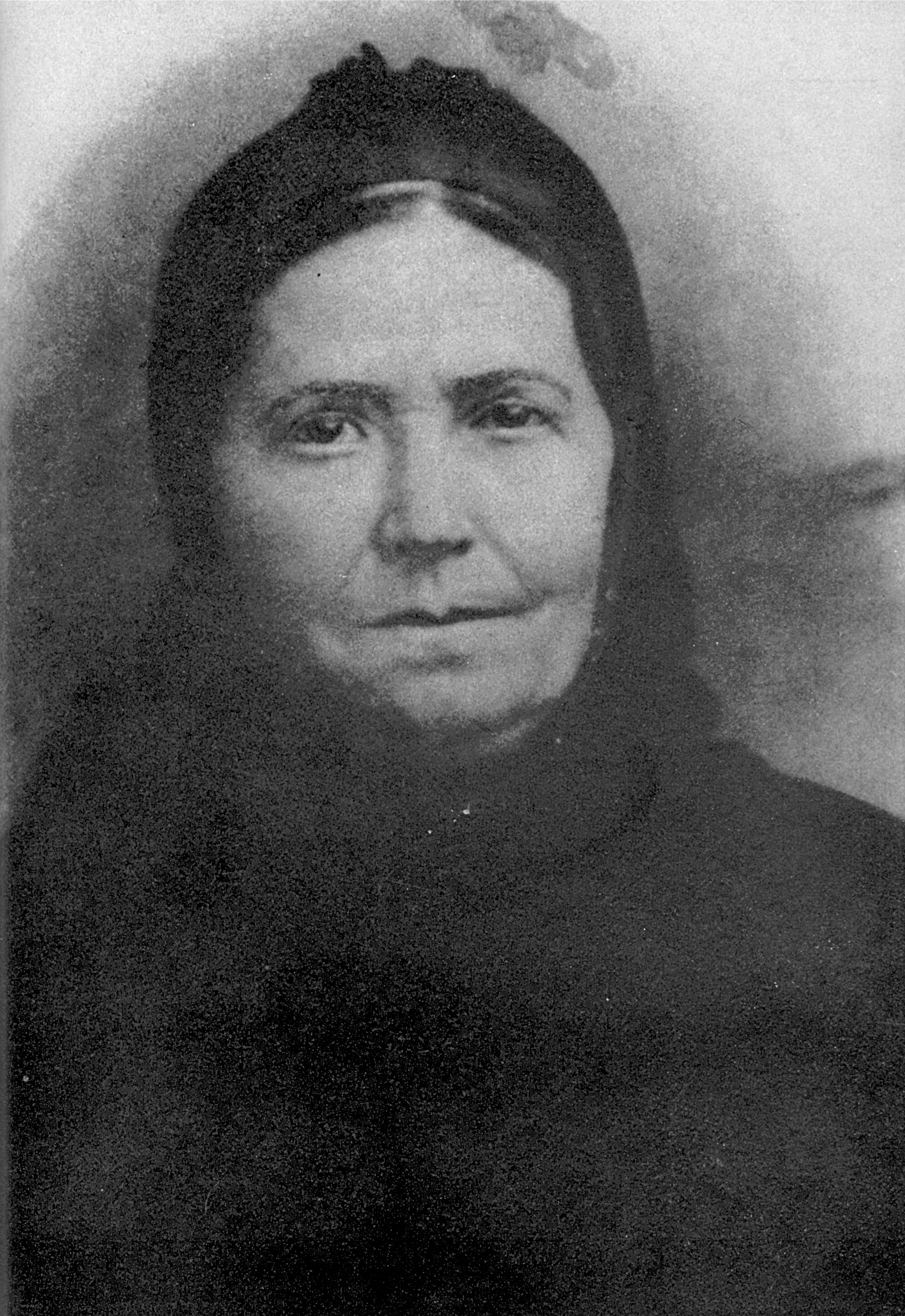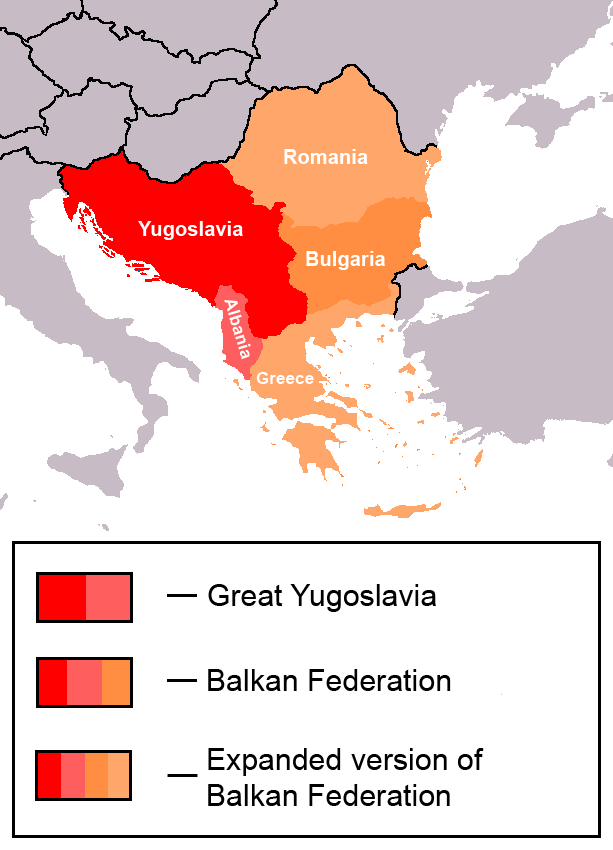|
Goce Delčev
Georgi Nikolov Delchev (; ; 4 February 1872 – 4 May 1903), known as Gotse Delchev or Goce Delčev (''Гоце Делчев''),Originally spelled in older Bulgarian orthography as ''Гоце Дѣлчевъ''. - Гоце Дѣлчевъ. Биография. П.К. Яворовъ, 1904. was a prominent Macedonian Bulgarian revolutionary ( komitadji) and one of the most important leaders of what is commonly known as the Internal Macedonian Revolutionary Organization (IMRO), active in the Ottoman-ruled Macedonia and Adrianople regions, as well as in Bulgaria, at the turn of the 20th century. Delchev was IMRO's foreign representative in Sofia, the capital of the Principality of Bulgaria. As such, he was also a member of the Supreme Macedonian-Adrianople Committee (SMAC), participating in the work of its governing body. He was killed in a skirmish with an Ottoman unit on the eve of the Ilinden-Preobrazhenie uprising. Born into a Bulgarian family in Kilkis, then in the Sal ... [...More Info...] [...Related Items...] OR: [Wikipedia] [Google] [Baidu] |
Ottoman Empire
The Ottoman Empire (), also called the Turkish Empire, was an empire, imperial realm that controlled much of Southeast Europe, West Asia, and North Africa from the 14th to early 20th centuries; it also controlled parts of southeastern Central Europe, between the early 16th and early 18th centuries. The empire emerged from a Anatolian beyliks, ''beylik'', or principality, founded in northwestern Anatolia in by the Turkoman (ethnonym), Turkoman tribal leader Osman I. His successors Ottoman wars in Europe, conquered much of Anatolia and expanded into the Balkans by the mid-14th century, transforming their petty kingdom into a transcontinental empire. The Ottomans ended the Byzantine Empire with the Fall of Constantinople, conquest of Constantinople in 1453 by Mehmed II. With its capital at History of Istanbul#Ottoman Empire, Constantinople (modern-day Istanbul) and control over a significant portion of the Mediterranean Basin, the Ottoman Empire was at the centre of interacti ... [...More Info...] [...Related Items...] OR: [Wikipedia] [Google] [Baidu] |
Regionalism (politics)
Regionalism is a political ideology that seeks to increase the political power, influence and self-determination of the people of one or more subnational regions. It focuses on the "development of a political or social system based on one or more" regions, and/or the national, normative, or economic interests of a specific region, group of regions or another subnational entity, gaining strength from or aiming to strengthen the "consciousness of and loyalty to a distinct region with a homogeneous population", similarly to nationalism. More specifically, "regionalism refers to three distinct elements: movements demanding territorial autonomy within unitary states; the organization of the central state on a regional basis for the delivery of its policies including regional development policies; political decentralization and regional autonomy". Regions may be delineated by administrative divisions, culture, language and religion, among others. Regionalists' demands occur in "stron ... [...More Info...] [...Related Items...] OR: [Wikipedia] [Google] [Baidu] |
Polyculturalism
Polyculturalism is an ideological approach to the consequences of intercultural engagements within a geographical area which emphasises similarities between, and the enduring interconnectedness of, groups which self-identify as distinct, thus blurring the boundaries which may be perceived by members of those groups. The concept of polyculturalism was first proposed by Robin Kelley and Vijay Prashad. It differs from multiculturalism which instead emphasises the separateness of the identities of self-identifying cultural groups with an aim of preserving and celebrating their differences in spite of interactions between them. Supporters of polyculturalism oppose multiculturalism, arguing that the latter's emphasis on difference and separateness is divisive and harmful to social cohesion. Polyculturalism was the subject of the 2001 book ''Everybody Was Kung Fu Fighting: Afro-Asian Connections and the Myth of Cultural Purity'' by Vijay Prashad. Comparison of cultural ideologies ... [...More Info...] [...Related Items...] OR: [Wikipedia] [Google] [Baidu] |
Bulgarian Men's High School Of Thessaloniki
The Sts. Cyril and Methodius Bulgarian Men's High School of Thessaloniki (, ''Solunska balgarska mazhka gimnazia „Sv. sv. Kiril i Metodiy“'') was the first Bulgarian language, Bulgarian high school in Macedonia (region), Macedonia. One of the most influential Bulgarian educational centres in Macedonia, it was founded in autumn 1880 in Ottoman Empire, Ottoman Thessaloniki (today in Greece) and existed until 1913. Foundation The first Bulgarian language, Bulgarian school in Thessaloniki was founded in 1871 next to the church of Agios Athanasios. Following the April Uprising of 1876, the Russo-Turkish War (1877–1878), the Kresna–Razlog uprising and other events, the Bulgarian educational cause in Macedonia (region), Macedonia had to live through a number of blows. Exploiting anti-Bulgarian sentiment among government officials, Greeks, Greek bishops succeeded in shutting down a lot of Bulgarian schools and in re-introducing the Greek language to Bulgarian churches in the reg ... [...More Info...] [...Related Items...] OR: [Wikipedia] [Google] [Baidu] |
Balkan Federation
In late 19th and throughout the 20th century, the establishment of a Balkan Federation had been a recurrent suggestion of various political factions in the Balkans. The concept of a Balkan federation emerged in the late 19th century among left-wing political forces in the region. The central aim was to establish a new political unity: a common federal republic unifying the Balkan Peninsula on the basis of internationalism, socialism, social solidarity, and economic equality. The underlying vision was that, despite differences among the region's ethnic groups, the historical need for emancipation was a common basis for unification. This political concept went through three phases in its development. In the first phase the idea was articulated as a response to the collapse of the Ottoman Empire at the beginning of the 20th century. In the second phase, mostly through the interwar period (1919–1936), the idea of the Balkan federation was taken up by the Balkan Communist parties. ... [...More Info...] [...Related Items...] OR: [Wikipedia] [Google] [Baidu] |
Hristo Botev
Hristo Botev (, ), born Hristo Botyov Petkov (Христо Ботьов Петков; – ), was a Bulgarian revolutionary and poet. Botev is considered by Bulgarians to be a symbolic historical figure and national hero. His poetry is a prime example of the literature of the Bulgarian National Revival, though he is considered to be ahead of his contemporaries in his political, philosophical, and aesthetic views. Botev was born in Kalofer, Bulgaria, to Botyo Petkov and Ivanka Boteva. His father was a teacher in Odessa and a significant figure of the late period of the Bulgarian National Revival. Botev attended the local three-class school and later attended a high school in Odessa. He left high school in 1865 and spent two years teaching in Odessa and Bessarabia. Botev tried to send his son to study in the Russian Empire with the help of Nayden Gerov, but was only allowed to attend the Second Grammar School as a volunteer. He found it difficult to fit in and was often absent ... [...More Info...] [...Related Items...] OR: [Wikipedia] [Google] [Baidu] |
Vasil Levski
Vasil Levski (, spelled in Reforms of Bulgarian orthography, old Bulgarian orthography as , ), born Vasil Ivanov Kunchev (; 18 July 1837 – 18 February 1873), was a Bulgarians, Bulgarian revolutionary who is, today, a Folk hero, national hero of Bulgaria. Dubbed the ''Apostle of Freedom'', Levski ideologised and strategised a revolutionary movement to Liberation of Bulgaria, liberate Bulgaria from Ottoman Empire, Ottoman rule. Levski founded the Internal Revolutionary Organisation, and sought to foment a nationwide uprising through a network of secret regional committees. Born in the Sub-Balkan valleys, Sub-Balkan town of Karlovo to middle-class parents, Levski became an Orthodox monk before emigrating to join the two Bulgarian Legions in Principality of Serbia, Serbia and other Bulgarian revolutionary groups. Abroad, he acquired the nickname ''Levski'' ("Lionlike"). After working as a teacher in Bulgarian lands, he propagated his views and developed the concept of his Bu ... [...More Info...] [...Related Items...] OR: [Wikipedia] [Google] [Baidu] |
Salonica Vilayet
The Vilayet of Salonica () was a first-level administrative division (vilayet) of the Ottoman Empire from 1867 to 1913. In the late 19th century it reportedly had an area of .Europe by Éliseé Reclus, page 152 The vilayet was bounded by the Principality (later Kingdom) of Bulgaria on the north; Eastern Rumelia on the northeast (after the Treaty of Berlin (1878), Treaty of Berlin); Edirne Vilayet on the east; the Aegean Sea on the south; Monastir Vilayet and the independent Serfije Sanjak, Ottoman Empire, sanjak of Serfije on the west (after 1881); the Kosovo Vilayet on the northwest. The vilayet consisted of present Central and Eastern parts of Greek Macedonia and Blagoevgrad Province, Pirin Macedonia in Bulgaria. Present Pirin Macedonia part of it was administered as township, kazas of Blagoevgrad, Cuma-yı Bala, Petrich, Pe ... [...More Info...] [...Related Items...] OR: [Wikipedia] [Google] [Baidu] |
Bulgarian Uniat Church
The Bulgarian Greek Catholic Church is a ''sui iuris'' ("autonomous") Eastern Catholic church based in Bulgaria. As a particular church of the Catholic Church, it is in full communion with the Holy See. The church's liturgical usage is that of the Byzantine Rite in the Bulgarian language. The church is organized as a single eparchy—the Bulgarian Greek Catholic Eparchy of Sofia. History Middle Ages Under Knyaz Boris (853–889) the Bulgarians accepted Christianity in its Byzantine form, with the liturgy celebrated in Church Slavonic. For a variety of reasons, Boris became interested in converting to Christianity and undertook to do that at the hands of Western clergymen to be supplied by Louis the German in 863. However, late in the same year, the Byzantine Empire invaded Bulgaria during a period of famine and natural disasters. Taken by surprise, Boris was forced to sue for peace and agreed to convert to Christianity according to the eastern rites.John Fine, ''The Early ... [...More Info...] [...Related Items...] OR: [Wikipedia] [Google] [Baidu] |
Kilkis
Kilkis () is a city in Central Macedonia, Greece. As of 2021 there were 24,130 people living in the city proper, 27,493 people living in the municipal unit, and 45,308 in the municipality of Kilkis. It is also the capital city of the regional unit of Kilkis (regional unit), Kilkis. The area of Kilkis, during the 20th century, became several times a war theatre; during the Macedonian Struggle, the Balkan Wars, World War I, World War II, the Greek Resistance and the Greek civil war. Name Kilkis is located in a region that was multi-ethnic in the recent past and is known by several different names. The name of the city in Roman and early Byzantine times was Callicum or Callicus (Greek: Καλλικών, Καλλικώς) and was later known as Kalkis or Kilkis. In Bulgarian and Macedonian, it is known as Kukush (Кукуш). In a Greek church Codеx of 1732 it is mentioned as ''Kilkisi'' (), while in a Slavic church Codеx from 1741 it is mentioned as ''Kukush'' (Кукуш, Ку ... [...More Info...] [...Related Items...] OR: [Wikipedia] [Google] [Baidu] |
Bulgarian Millet
Bulgarian millet () was an ethnoreligious group, ethno-religious and speech community, linguistic community within the Ottoman Empire from the mid-19th to early 20th century. The semi-official term, was used by the Sultan for the first time in 1847, and was his tacit consent to a more ethno-linguistic definition of the Bulgarians as a nation. This resulted in the rise of a Bulgarian St. Stephen Church in the Ottoman capital Constantinople in 1851. Officially as a separate millet in 1860 were recognized the Bulgarian Uniat Church, Bulgarian Uniates, and then in 1870 the Bulgarian Exarchate, Bulgarian Orthodox Christians (''Eksarhhâne-i millet i Bulgar''). At that time the classical Ottoman millet (Ottoman Empire), millet-system began to degrade with the continuous identification of the religious creed with ethnic identity and the term ''millet'' was used as a synonym of ''nation''. The establishment of the Bulgarian Exarchate in 1870, meant in practice official recognition of ... [...More Info...] [...Related Items...] OR: [Wikipedia] [Google] [Baidu] |






